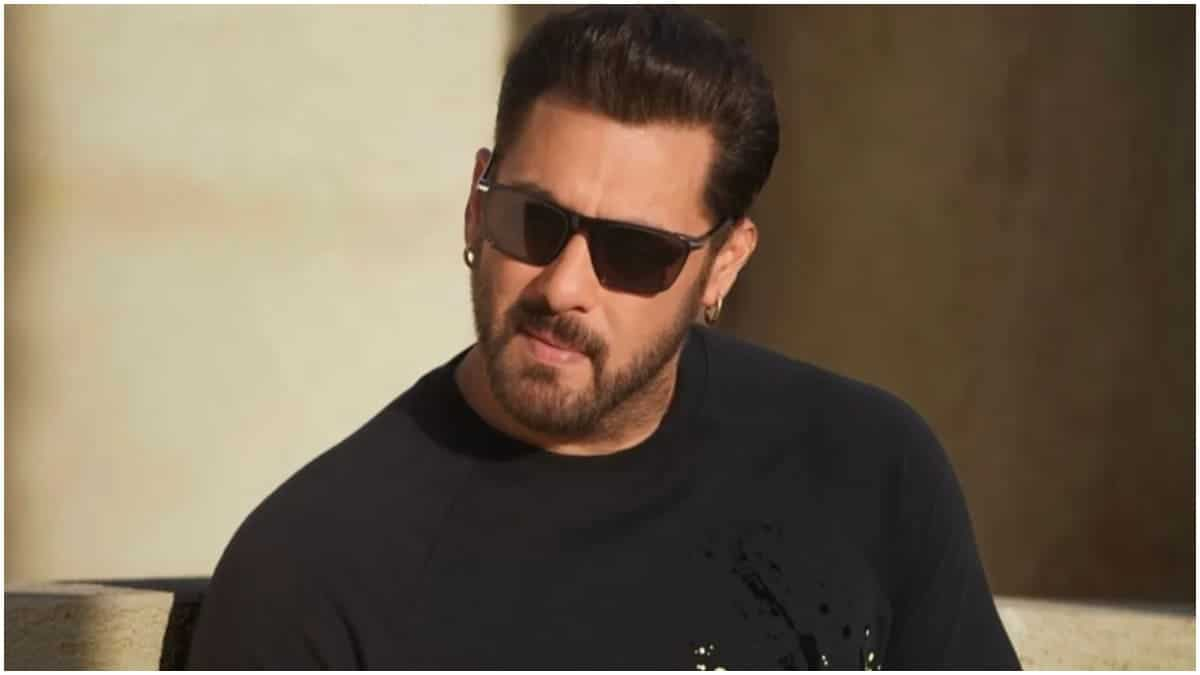
The Dhoni Effect: Unveiling the Coaching Connection Behind Gukesh's Chess Triumph
3 months ago | 5 Views
Indian grandmaster Gukesh Dommaraju was quick to express that former Indian cricket captain MS Dhoni was his "idol" during his upbringing, following his victory in the World Chess Championship on Thursday, where he triumphed over reigning champion Ding Liren of China in the final match. Additionally, there exists another connection to cricket, or specifically to Dhoni, in the remarkable achievement of the 18-year-old in Singapore.
Competing in one of the most significant tournaments in chess at the age of 18 can often present a greater challenge to the mind than to one's technical abilities. For instance, in 2013, when 23-year-old Magnus Carlsen, now considered one of the greatest players in the game, participated in his inaugural World Championship against Indian icon Vishwanathan Anand, he experienced trembling hands. Anand himself acknowledged in an interview that the mind frequently plays tricks on players during such high-stakes matches, leading to feelings of self-doubt and anxiety.
Consequently, after securing victory in the Candidates tournament earlier this year, Gukesh sought the assistance of a mental conditioning coach, which led him to reach out to Paddy Upton. The South African was the mental conditioning and strategic leadership coach for the Indian cricket team from 2008 to 2011, a period during which the team won the ODI World Cup under Dhoni's captaincy. More recently, he served as the mental conditioning coach for the Indian men's hockey team, which earned a bronze medal at the Paris Olympics 2024.
'Gukesh has studied the whole book'
The Indian faced two challenges on his path to becoming the youngest world champion. He suffered a defeat in the initial round and subsequently received a stark reminder of the competition's intensity from the Chinese player in the 12th game, shortly after gaining an advantage with a victory in the 11th game. Nevertheless, Gukesh made a remarkable recovery on both occasions, particularly in the critical moments of the 14th game, where he acknowledged that he was slow to recognize Liren's mistake involving the rookie move that ultimately secured him the title.
In an interview with The Indian Express following Gukesh's victory, Upton employed a straightforward analogy to illustrate the Indian's preparation for the match.
“To excel in an exam or test, one must thoroughly study the entire material. This preparation allows for confidence when entering the examination room. It is not merely about hope,” he stated. “Regarding the comprehensive preparation for a World Chess Championship title, Gukesh has indeed covered every aspect. He has meticulously attended to every detail, from managing his sleep and downtime to maintaining his focus moment by moment during a game. We are witnessing a remarkably well-prepared professional.”
Upton did not disclose the specifics of the mental preparations undertaken over the past six months; however, he acknowledged that they dedicated significant time to discussing the intricate details of each of Gukesh's strategies. During the three weeks of the world championship, Upton played an essential role in assisting Gukesh with time management concerning sleep, nutrition, and physical activity. This aspect of their preparation was likely evident during the match, as Gukesh spent a considerable amount of time meditating with his eyes closed, often leaving Liren uncertain as he sought a reaction to his moves.
"We have meticulously examined both scenarios: the decision-making process regarding his moves and the management of his mental state while his opponent is strategizing," Upton remarked.
"We have also explored various facets of his strategy, including how to conduct himself when he is leading in the game, as well as how to cope when he finds himself at a disadvantage or under pressure. We have discussed his approach when he is ahead in the tournament, such as being one game up, and how he should respond if he is trailing or in a tied position. Thus, our discussions have encompassed not only in-game strategies but also overarching tactics for managing his mindset when he is behind, level, or ahead in the championship."
Read Also: "Anjum Chopra Advocates for Enhanced All-Rounder Presence in Indian Women's ODI Team"
HOW DID YOU LIKE THIS ARTICLE? CHOOSE YOUR EMOTICON!
#




















